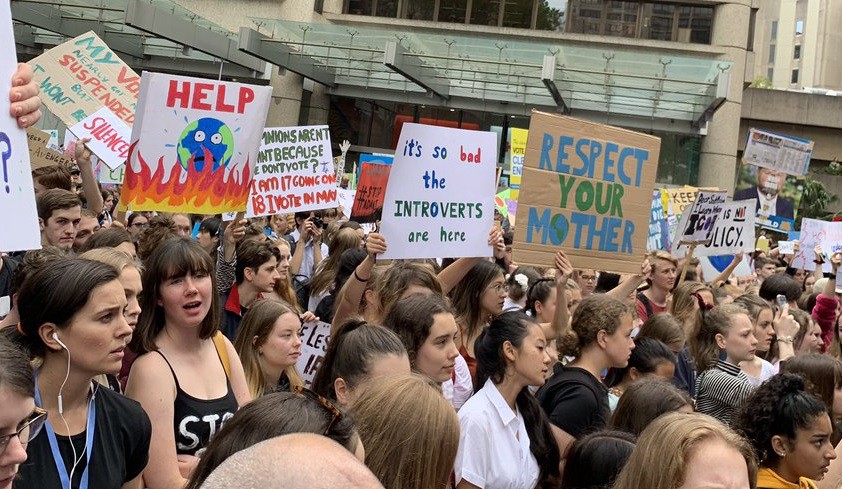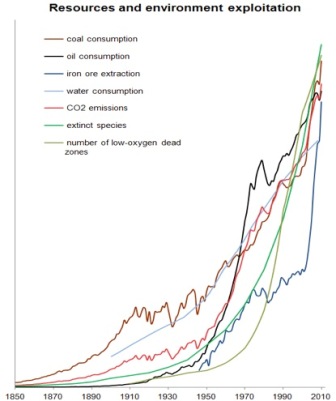In two statements, internationally renowned climate-activists Naomi Klein and Bill McKibben have raised their voices to support the mass-action against coal-mining in the Rhineland that will take place right after our summer school.
Naomi Klein, author of "This changes everything. Capitalism vs the Climate" emphasizes the importance of the German anti-coal struggle for the global climate: "Germany's rapid energy transition has been driven by the people, a victory that now serves as a model to the rest of the world. But as long as the German political class insists on using massive machinery to tear up the earth, producing the continent's single largest source of carbon emissions, that transition will remain woefully incomplete. These coalfields pose an existential threat to humanity, which is why our movements need to step in once again and shut them down. This August, there is no more important place to be."
Bill McKibben, co-founder of the climate-campaigning organization 350.org writes: "I'm so glad to see people drawing a firm line in the coalfields, and stopping the planet's largest coal-digging machines. We're driven not by ideology but by physics: there's simply no way to burn all this lignite and keep the climate intact. These protesters are lifeguards for an endangered planet."Earlier this month, on June 6th, the 2020 Global Degrowth Day (GDD) was celebrated around the world. Around 40 events in more than 18 countries were registered and there were many social media posts using the hashtag #GlobalDegrowthDay, which was also celebrated by the Green European Journal and the European Environmental Bureau. Pictures were shared on our facebook event page. Due to the pa...

Dear Life, I was not aware, when I was born, that I was born onto a battlefield. I was not aware, as I learned to walk, that I was stomping over the habitats of many creatures. I was not aware, as my mother drove me to school, that we were riding roughshod over the unmarked graves of our fellow humans. I was not aware, as we flew around the world, that I was attacking my child’s chances. I was...

By Nafeez Ahmed New research suggests that the ongoing global economic crisis is symptomatic of a deeper crisis of industrial civilization’s relationship with nature. The continuation of the crisis, though, does not imply the end of the world – but rather is part of major phase shift to a new form of civilization that could either adapt to post-carbon reality and prosper, or crumble in denial....